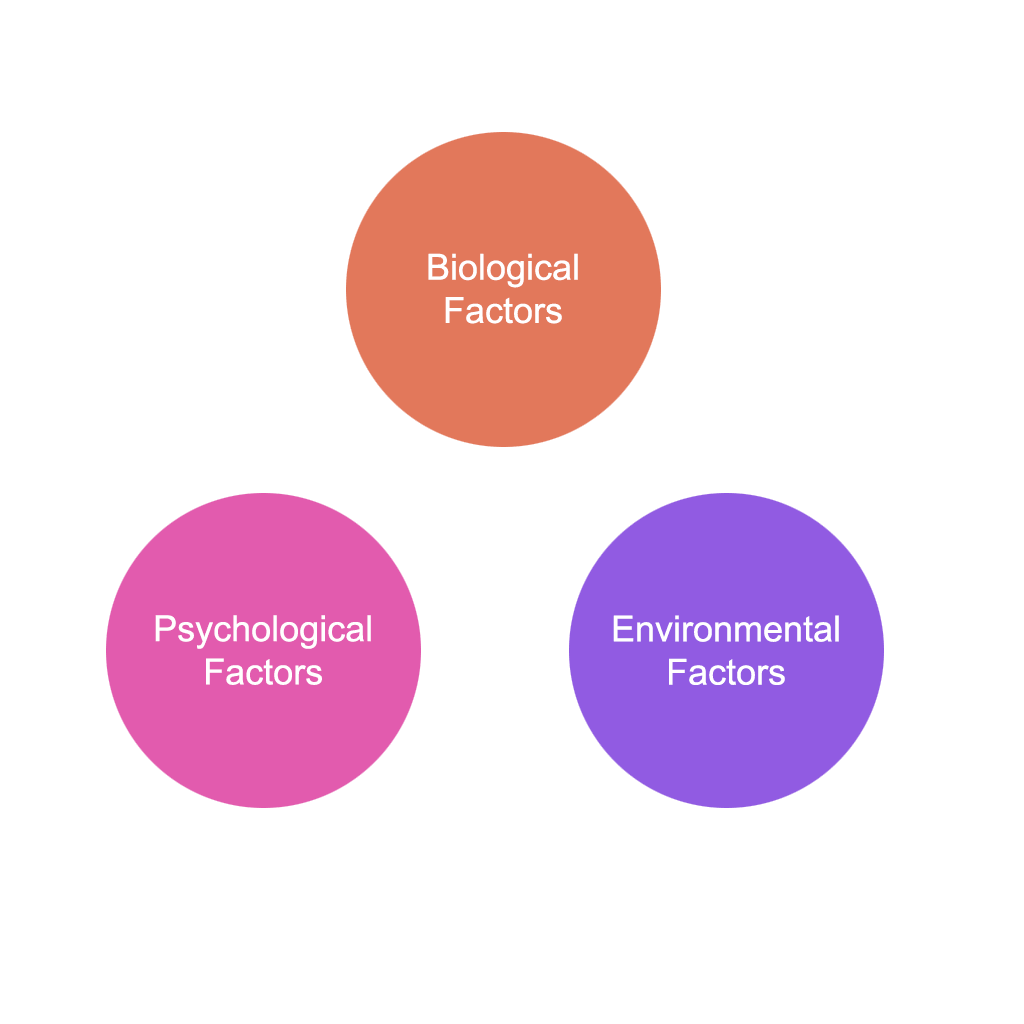Describe the Freud’s theory Dynamics of personality.
Freud’s theory Dynamics of Personality.
Freud stated that human organism relies on both physiological, energy and psychic energy. Physical energy is used in physical activities such as running, walking, lifting, etc, whereas psychic energy is used in psychological activities like thinking, feeling and planning. Freud believed that these two types of energies meet in id. Relating to these, Freud talked about concepts which explain instinct, anxiety and mental mechanisms.
According to Freud, the instincts are responsible for our all behaviour. Eros (love) and the thanatos (destructive or death instinct) are the two basic instincts. Eros aims to build and preserve unity through relationships. Thanatos aims to undo connections and unity. Eros and the Thanatos can either operate against each other or combine with each other through attraction. The main source of psychic energy is Libido which is believed to come from Eros and Thanatos.
Defence Mechanisms.
Conflict arises from within our own mind, while anxiety from realistic sources in the outside world. Conflict happens when the id has some desires which ego and/or superego do not agree with. The ego works as defence mechanisms. We deal with anxiety through psychological defenses, Given below are some important defence mechanisms:
Denial:
We cope with anxiety through denials. Denial also leads to daydreams and fantasies which are a common way to we cope with anxiety. We deny things which have happened to get rid of our anxiety.
Repression:
It means banishing the memory. It can be old memories or current ones. For example, an individual might fancy getting through an examination for which he is not eligible to apply.
Regression:
It means returning to a previous stage. When we are under high stress, we quit adult coping strategies and return to the stage at which we are fixated like if a person is stressed and if he is an oral personality, he may resort to smoking. An individual with anal character may be even more obstinate and compulsive than usual.
Reaction formation:
It means thinking or doing the opposite. For example, a person who is angry with his boss goes out of his way and become kind and courteous. Excessive behavior is one of the hallmarks of reaction formation.
Projection:
It means ascribing unwanted impulse to others. For example, a hostile colleague always suspects other staff members in his office as hostile.
Rationalization:
It refers to finding out a rational explanation for a wrong doing. For example, a person who failed in the exam says he failed because the examiner set bad questions. The reality is he did not study hard enough.
Intellectualization:
It means turning the feeling into a thought. For example, a father who finds his daughter has cancer deals with the situation by becoming an expert on the disease and focuses on the disease intellectually and not with emotions.
Displacement:
It refers to moving an impulse from one target object to another. For example, angry with boss, an individual yells at his subordinates.
Sublimation:
It means changing impulses into some constructive activities. For example, if a person is angry, he goes out and paints. According to Freud this is the most adaptive defense mechanism. Freud stated that the effective sublimation of sexual urges and aggressiveness led to greatest achievements.



